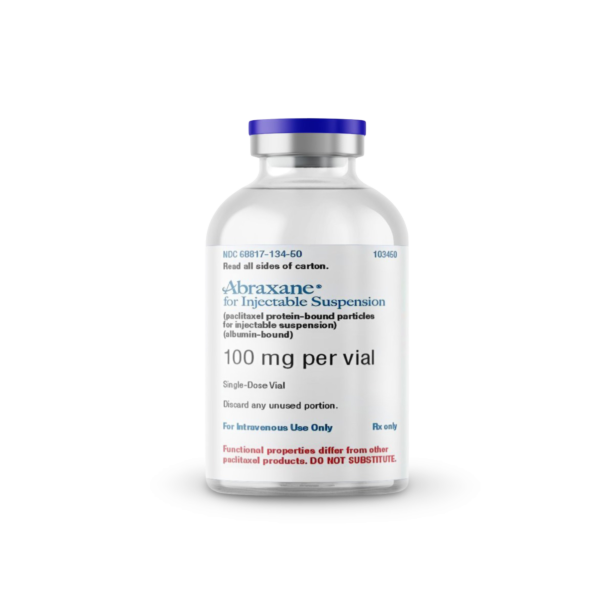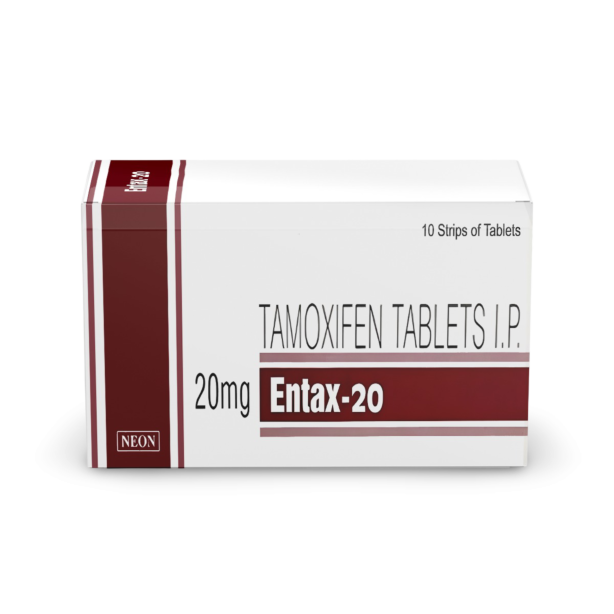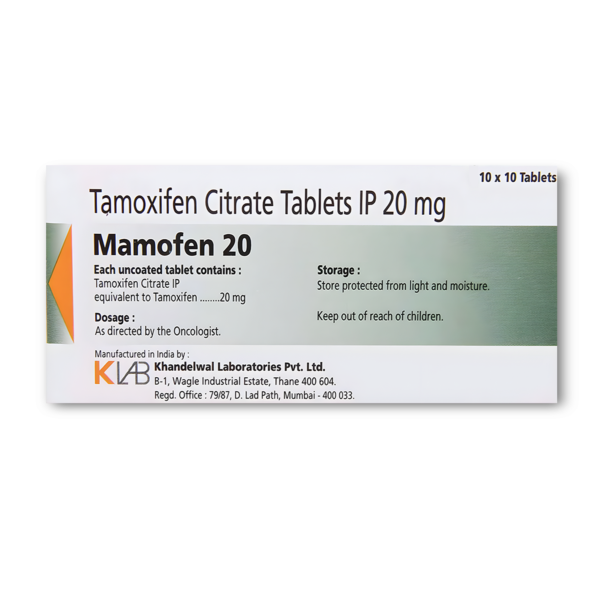When it comes to treating Cancer, Abraxane is a well-known medicine. Abraxane (Nab-paclitaxel) is a Chemotherapy medicine widely used to treat various Cancers, including metastatic Breast Cancer, non-small cell Lung Cancer, and Pancreatic Cancer.
While it effectively targets Cancer cells, Abraxane, like many Chemotherapy agents, is associated with a range of side effects you must be aware of. These side effects can range from common ones like fatigue and nausea to severe ones like heart and lung problems.
This article elaborates on Abraxane side effects, detailing common, less common, rare adverse reactions, and serious complications that may require immediate medical attention.
Common side effects of Abraxane
Abraxane is a well-recognized medication prescribed to treat advanced or metastatic Breast Cancer, non-small cell Lung Cancer, and Pancreatic Cancer. Your doctor can prescribe Abraxane alone or in combination with other medicines as an effective Cancer treatment.
However, like all Chemotherapy, Abraxane may also cause certain side effects in people receiving Cancer treatment. People undergoing therapy with Abraxane frequently experience several side effects, some of which are directly related to this Chemotherapy action.
Some of the most common side effects of Abraxane are as follows:
- Hair loss: One of the most noticeable side effects of Abraxane is hair loss, which occurs due to Abraxane’s impact on rapidly dividing cells, including hair follicles.
- Numbness: People often report numbness, tingling, pain, or weakness in the hands and feet.
- Fatigue and tiredness: If you take this medicine, you may experience a general feeling of tiredness or weakness. To keep your energy up, you can do gentle exercise. However, do not push yourself hard.
- Gastrointestinal issues: Nausea, diarrhea, and vomiting can be common complaints if you take Abraxane.
- Blood cell count changes: Abraxane can cause decreases in White Blood Cells (WBCs), leading to increased infection risk, and Red Blood Cells (RBCs), leading to Anemia. It can also decrease platelets, which can cause bruising and bleeding.
- Joint and muscle pain: You may also experience stiffness, joint pain, and general body aches.
- Liver function changes: Abraxane can affect liver enzymes, which may be detected through blood tests.
- Infections: Due to lowered WBC, you are at increased risk of infections, which can sometimes become severe or life-threatening.
- Swelling: You may also experience swelling in the hands or feet, which can be uncomfortable and affect mobility.
Save up to 90% on your medicine bills

Abraxane 100 mg Injection

Entax 20 mg Tablet

Mamofen 20 mg

Lipodox 10 mg Injection
Less common and occasional side effects
In addition to the common side effects, Abraxane has been associated with a variety of less frequent and rare adverse reactions, such as:
- Vision problems: Some people report vision changes, such as blurred vision and dry or watery eyes, which should be diagnosed and treated immediately.
- Kidney problems: Though less common, renal impairment can occur, especially if you have a pre-existing kidney issue.
- Difficulty breathing and constipation: These side effects require medical evaluation to prevent more serious complications.
- Skin reactions: Rash, itching, blistering, redness, and other skin changes at the injection site or elsewhere on the body can occur.
- Nail changes: Nail discoloration, brittleness, or loss can happen, often as a late or rare Abraxane side effect.
- Mood and cognitive changes: You can also experience confusion, mood swings, Depression and anxiety. You may also experience trouble sleeping during treatment.
Abraxane severe side effects
While many side effects are manageable, Abraxane can sometimes cause severe complications requiring immediate medical intervention. Some of the Abraxane long-term side effects are as follows:
- Allergic reactions: Though rare, you may develop hypersensitivity reactions, such as hives, swelling of the face or throat, breathlessness, or severe skin reactions. These side effects of Abraxane are severe and require emergency medical care.
- Cardiovascular events: Abraxane has been linked to abnormal heart rhythms, chest pain, Heart Attack, and blood clots in veins or lungs. You should immediately report any chest discomfort, palpitations, or sudden shortness of breath to your doctor.
- Nerve damage: Nerve damage can lead to significant pain and weakness. It is essential to consult your doctor and inform them about the painful symptoms.
- Hepatic toxicity: If you have moderate to severe liver impairment, you are at increased risk of toxicities.
- Fetal toxicity: Abraxane should not be used during pregnancy. Women of childbearing age should avoid pregnancy during treatment.
Monitoring and management of Abraxane side effects
Due to the potential severity of some side effects of Abraxane, careful monitoring is essential during this Chemotherapy. Blood and liver function tests are crucial to detect early signs of severity.
Neurological assessments help detect and treat the side effects to prevent worsening symptoms. If you have a pre-existing heart condition, your doctor may require cardiac evaluations before and during treatment to identify any cardiac complications.
Additionally, dose adjustments, including reductions or treatment delays, may be required based on the severity of side effects to ensure your safety. Therefore, consult your doctor and seek essential tests for prompt treatment.
Conclusion
Abraxane is an effective Chemotherapy agent that is prescribed for treating advanced Breast Cancer, non-small cell Lung Cancer, and Pancreatic cancer.
While many Abraxane side effects, such as hair loss, fatigue, and gastrointestinal symptoms, are common and manageable. It can also cause severe side effects, including allergic reactions and severe infections, which can occur and require immediate medical attention.
Doctors’ close monitoring and reporting of symptoms are crucial to minimizing risks and optimizing treatment outcomes. You should be informed about potential side effects and encouraged to communicate openly with your medical team throughout treatment. Furthermore, if you experience any unusual symptoms, consult your doctor immediately and receive medical attention.

Frequently Asked Questions
What foods should you avoid while taking Abraxane?
While taking Abraxane, avoid grapefruit and its juice, as they can increase the drug’s blood levels and side effects. Also, avoid raw or undercooked meats, seafood, eggs, unpasteurized dairy, and foods prone to contamination to reduce infection risk during Chemotherapy.
How long do Abraxane side effects last?
Abraxane side effects usually begin shortly after treatment and may last days to weeks. Fatigue and nausea often improve between cycles, while Peripheral Neuropathy can persist for months or longer. While these side effects sometimes gradually improve after treatment ends, some, such as hair loss, can become permanent.
How long does Abraxane stay in your system?
Abraxane, or Nab-paclitaxel, generally stays in your system for a few days, usually 48 to 72 hours. However, this can vary depending on individual factors and the Chemotherapy drug used. The liver and kidneys break down most Chemotherapy, and the remnants are excreted in urine.
Is Abraxane well-tolerated?
Yes, Abraxane is well-tolerated but can cause common side effects like fatigue, peripheral neuropathy, nausea, and blood count changes. Severe adverse events such as infections, cardiovascular issues, and hypersensitivity reactions may occur, requiring close monitoring during treatment.
When referencing outside resources, GoodrxMedicine always provides full citations. To learn more about the measures we use to maintain the quality of our content, please review our Content Information Policy.











